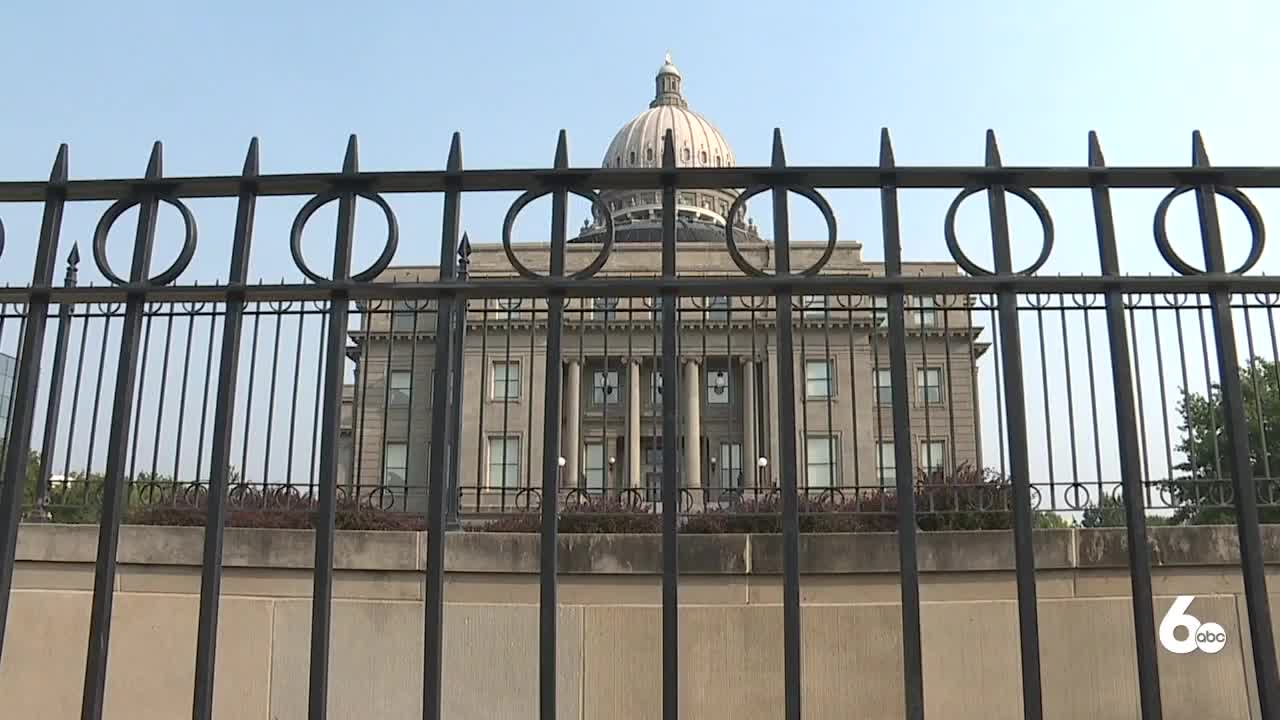BOISE, Idaho — The Idaho House has approved legislation aimed at preventing schools and universities from teaching critical race theory, which examines the ways in which race and racism influence American politics, culture and the law.
The House voted 57-12 on Thursday to approve the bill that also prohibits teachers from forcing students onto belief systems that claim a group of people as defined by sex, race, ethnicity or religion are inferior or superior to others.
Before House Bill 377 passed the House floor along party lines. It was discussed in front of the House Education Committee on Thursday morning. Rep Wendy Horman, (R)-Idaho Falls said the bill doesn’t prohibit specific content being taught at schools.
“In fact, it reaffirms freedom of inquiry and instruction to teach about the Civil War, the Holocaust, The French Revolution. Anything from our history,” Rep. Horman said.
But opponents say the bill is too vague and fear it will ‘discourage” teachers from teaching “social justice” topics.
“This bill will have a chilling effect on free speech in the classroom, and make educators fearful of discussions about history, sexism, and racism,” House Assistant Democratic Leader Lauren Necochea said. “These discussions are critical to students’ development of critical thinking skills and their accurate understanding of our history and current events.”
Layne McInelly, president of the Idaho Education Association, also opposed the bill during the House committee's public testimony and said it’s not necessary.
“You can rest assure that our teachers put themselves with the highest integrity. The debate and allegations indoctrinating students by Idaho educators are baseless and downright insulting,” McInelly said.
Related: Boise State University suspends classes amid budget controversy
Lawmakers previously raised concerns about the social justice curriculum at Boise State University, even cutting funding in a proposed budget that failed after some lawmakers said it did not go far enough. Lawmakers have yet to finalize a higher ed budget for next year.
“I am very concerned about the direction the Legislature has taken toward education and our educators. Our schools — at all levels — are the heart of our communities. Funding education should not be made contingent on restricting academic freedom. The first amendment protects students, teachers, and schools; this is not needed,” House Democratic Caucus Chair Sally Toone, a certified teacher for four decades, said following the vote.
The legislation comes amid a national reckoning of how race and racism influences politics, culture and the law. GOP lawmakers are concerned federal authorities could force belief systems involving those topics on Idaho students through school curricula.
Idaho State Board of Education to review policies on academic freedoms
The Idaho Sate Board of Education discussed freedom of expression and responsibility in Idaho’s colleges and university campuses during a press conference. The board will now begin to review the policies on academic freedom and responsibility in those higher education settings.
During the conference, incoming board President Kurt Liebich said he hasn’t personally seen indoctrination claims.
“There are going to be times where a teacher may advocate more or maybe teach a lesson parents and students aren’t comfortable with. That’s going to happen in a system as large as ours,” Liebich said. “There are going to be times in our higher institutions where students feel uncomfortable because they feel one side has been presented in a way it made them uncomfortable where they couldn’t speak their voice. But I think the point is in each of those cases we have policies and procedures to deal with the issue. We have that at a local school district level and in our institutions.”
In press release ISBOE release the following recommendations:
- Work with institution presidents and faculty to possibly revise the Board’s policies on academic freedom and responsibility both for faculty and for students.
- Develop a strategy to raise awareness about academic freedom and responsibility policies and make them more visible and useful both to students and faculty.
- Develop and implement a system to measure student satisfaction and overall campus climate and produce yearly reports at each institution




